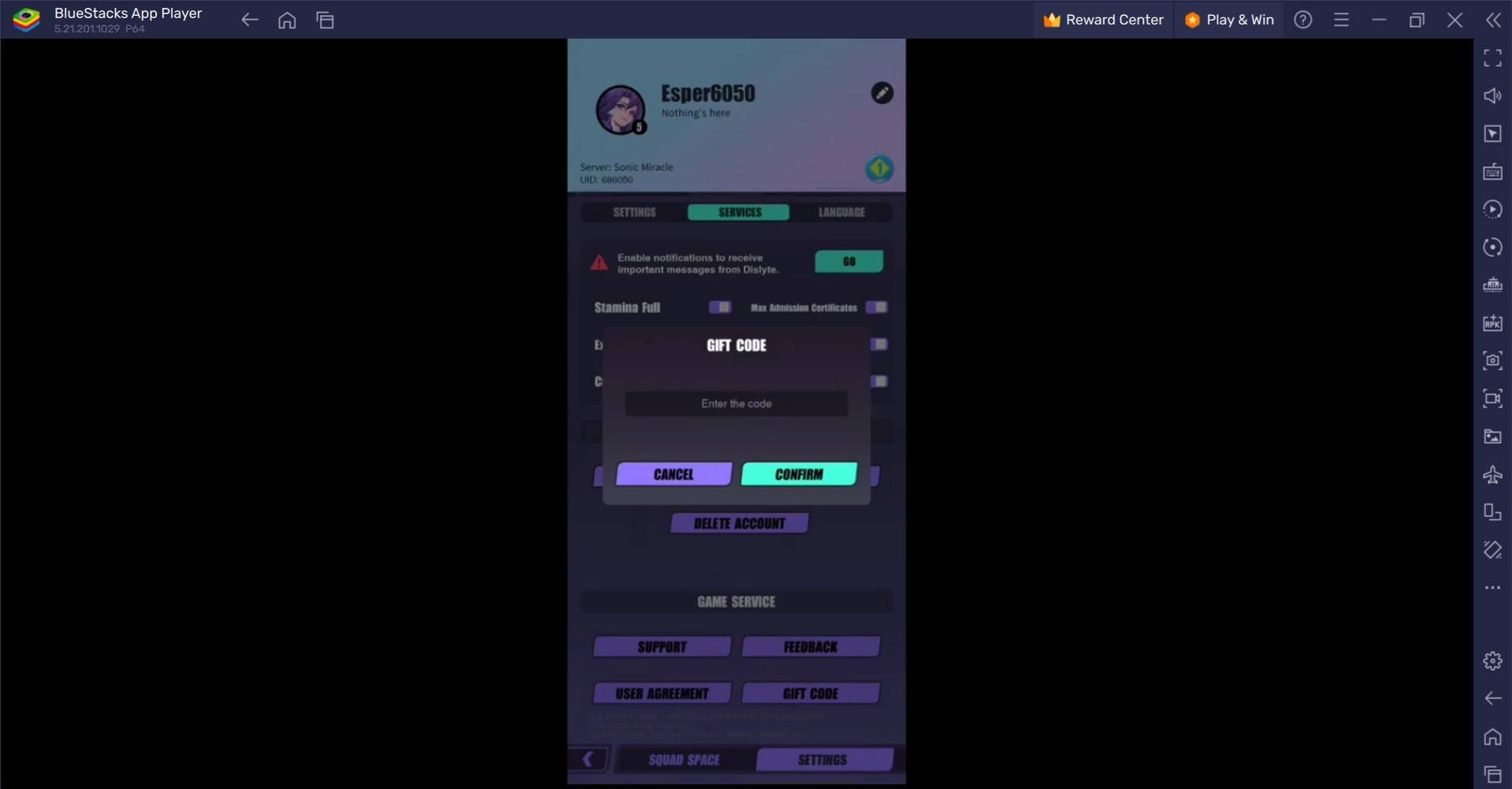NetEase's Marvel Rivals, a resounding success with ten million players in its first three days and millions in revenue for NetEase, nearly faced cancellation. This revelation comes from a Bloomberg report detailing NetEase CEO William Ding's current strategy: a drastic restructuring involving job cuts, studio closures, and a retreat from overseas investments. The aim is a streamlined portfolio to combat recent growth stagnation and compete with industry giants Tencent and MiHoYo.
Bloomberg sources indicate that Ding's initial reluctance to utilize licensed Marvel IP almost led to the game's demise. He reportedly attempted to replace the Marvel characters with original designs, a decision that allegedly cost NetEase millions before the game's ultimately successful launch.
This cost-cutting continues. Recent layoffs at the Marvel Rivals Seattle team, attributed to "organizational reasons," and the cessation of overseas investments in studios like Bungie, Devolver Digital, and Blizzard Entertainment, underscore this shift. The report suggests Ding prioritizes projects with potential for hundreds of millions in annual revenue, although NetEase denies using such arbitrary figures to assess game viability.
Internal turmoil at NetEase, characterized by Ding's volatile leadership style, is also highlighted in the Bloomberg report. Employees describe rapid decision-making, frequent changes of heart, pressure to work excessive hours, and the appointment of recent graduates to senior leadership positions. The frequency of project cancellations is so high that NetEase may not release any new games in China next year.
NetEase's scaled-back investment strategy reflects the broader instability within the gaming industry, particularly in Western markets. Recent years have witnessed widespread layoffs, cancellations, and studio closures, alongside the underperformance of many high-profile, expensive titles.
 Home
Home  Navigation
Navigation






 Latest Articles
Latest Articles









 Latest Games
Latest Games












